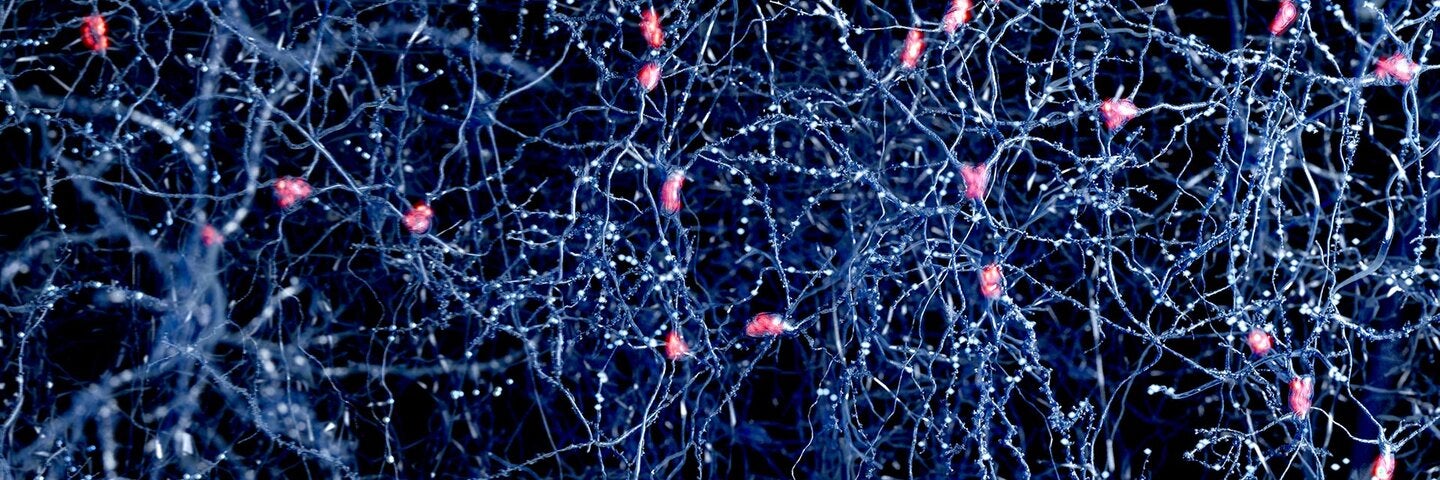Neurophysiology: How the Brain Thinks

Neurophysiology: How the Brain Thinks
Learn the molecular, cellular, and circuitry mechanisms that underlie the functioning of the mammalian nervous system, especially the human brain.
Get More Info
What you can learn.
About This Course
Spring 2026 Schedule
Midterm and final exams are proctored online; additional requirements include microphone, headphones/ speakers, and webcam.
Enrollment limited to 25. Enrollment deadline: April 5, 2026. Internet access required. Materials required.
Enrollment is typically reserved for adult students 18 years of age and older. Students under 18 years of age may receive consent to enroll based on special academic competence and approval by the instructor. If you are a student under 18 years of age, you must submit a request to enroll in the course 8 weeks before the course start date to hss@uclaextension.edu for your request to be considered.

